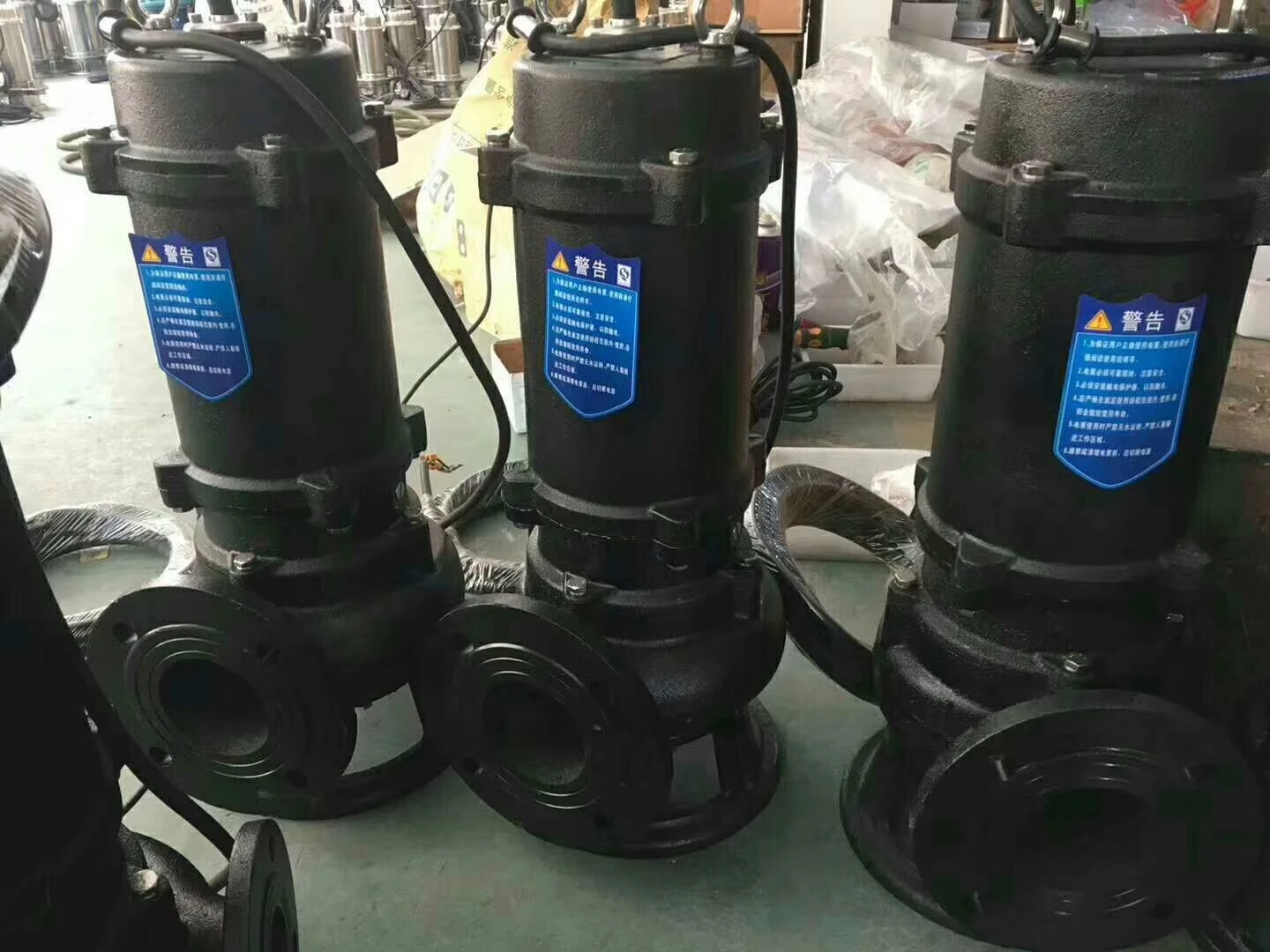English
- Afrikaans
- Albanian
- Amharic
- Arabic
- Armenian
- Azerbaijani
- Basque
- Belarusian
- Bengali
- Bosnian
- Bulgarian
- Catalan
- Cebuano
- Corsican
- Croatian
- Czech
- Danish
- Dutch
- English
- Esperanto
- Estonian
- Finnish
- French
- Frisian
- Galician
- Georgian
- German
- Greek
- Gujarati
- Haitian Creole
- hausa
- hawaiian
- Hebrew
- Hindi
- Miao
- Hungarian
- Icelandic
- igbo
- Indonesian
- irish
- Italian
- Japanese
- Javanese
- Kannada
- kazakh
- Khmer
- Rwandese
- Korean
- Kurdish
- Kyrgyz
- Lao
- Latin
- Latvian
- Lithuanian
- Luxembourgish
- Macedonian
- Malgashi
- Malay
- Malayalam
- Maltese
- Maori
- Marathi
- Mongolian
- Myanmar
- Nepali
- Norwegian
- Norwegian
- Occitan
- Pashto
- Persian
- Polish
- Portuguese
- Punjabi
- Romanian
- Russian
- Samoan
- Scottish Gaelic
- Serbian
- Sesotho
- Shona
- Sindhi
- Sinhala
- Slovak
- Slovenian
- Somali
- Spanish
- Sundanese
- Swahili
- Swedish
- Tagalog
- Tajik
- Tamil
- Tatar
- Telugu
- Thai
- Turkish
- Turkmen
- Ukrainian
- Urdu
- Uighur
- Uzbek
- Vietnamese
- Welsh
- Bantu
- Yiddish
- Yoruba
- Zulu
Telephone: +86 13120555503
Email: frank@cypump.com
Dec . 25, 2024 04:46 Back to list
Efficient Solutions for Handling Waste Slurry with Robust Pump Technology
Understanding Trash Slurry Pumps The Workhorses of Waste Management
In today’s industrial landscape, effective waste management is more crucial than ever. One of the key components that facilitate the efficient handling of solid waste and slurry materials is the trash slurry pump. These specialized pumps play a vital role in various industries, including mining, construction, and wastewater treatment. This article explores the features, applications, and benefits of trash slurry pumps, highlighting their importance in modern waste management systems.
What is a Trash Slurry Pump?
A trash slurry pump is designed to transport a mixture of solids and liquids, commonly referred to as slurry. Unlike standard pumps, which may struggle with abrasive or heavy materials, trash slurry pumps are built to handle tough conditions. They feature robust construction, incorporating materials that resist wear and tear from abrasive content. Moreover, these pumps have larger inlet and outlet diameters, allowing them to handle solids of various sizes without clogging.
Features of Trash Slurry Pumps
1. Durability Trash slurry pumps are constructed from high-quality materials such as cast iron, which enhances their durability. Many designs incorporate hardened components specifically to withstand the wear associated with transporting abrasive materials.
2. High Solids Handling Capacity These pumps can efficiently handle slurries with high solid content, making them ideal for applications involving sludge, mud, or other mixtures that include larger particles.
3. Varied Designs Trash slurry pumps come in different designs, including centrifugal and positive displacement pumps. Centrifugal pumps are commonly used for large volumes, while positive displacement pumps are suitable for high pressure.
4. Customization Options Many manufacturers offer customization options, allowing businesses to tailor the pump to specific needs, such as the type of slurry being handled or the environmental conditions of the job site.
5. Ease of Maintenance With easy-to-access components and interchangeable parts, trash slurry pumps can be maintained efficiently, reducing downtime in manufacturing and processing operations.
Applications of Trash Slurry Pumps
Trash slurry pumps are utilized across various sectors due to their versatility. Here are some common applications
trash slurry pump

- Mining In mining operations, these pumps are essential for transporting slurry from ore extraction processes. They help move materials efficiently from the mine site to processing facilities, ensuring effective resource recovery.
- Construction During construction projects, trash slurry pumps are often employed to remove excess water and slurries resulting from excavation and drilling activities, keeping work sites clear and safe.
- Wastewater Treatment In wastewater treatment facilities, these pumps are used to transfer sludge and other solid waste, aiding in the treatment and recycling of water.
- Agriculture In agriculture, slurry pumps are crucial for conveying and mixing fertilizers and animal waste, helping to fertilize crops effectively.
Benefits of Using Trash Slurry Pumps
The use of trash slurry pumps offers several benefits
1. Efficiency They ensure the swift and effective transport of materials, reducing the time and labor required for waste management.
2. Cost-Effectiveness By minimizing downtime and requiring less maintenance, these pumps can significantly lower operational costs.
3. Environmental Impact Efficient waste handling helps minimize environmental pollution, promoting sustainability and compliance with regulations.
4. Safety By managing hazardous materials effectively, trash slurry pumps contribute to a safer working environment for employees.
In conclusion, trash slurry pumps are indispensable tools in the realm of waste management. Their ability to handle challenging materials efficiently makes them a top choice in various industries. With continued advancements in technology, the future of trash slurry pumps looks promising, ensuring that industries can meet the ever-increasing demands of efficient waste management and sustainability.
-
Horizontal Split Case Pump with GPT-4 Turbo | High Efficiency
NewsAug.01,2025
-
ISG Series Pipeline Pump - Chi Yuan Pumps | High Efficiency, Durable Design
NewsAug.01,2025
-
Advanced Flue Gas Desulfurization Pump with GPT-4 Turbo | Durable & Efficient
NewsJul.31,2025
-
ISG Series Vertical Pipeline Pump - Chi Yuan Pumps | Advanced Hydraulic Design&Durable Construction
NewsJul.31,2025
-
ISG Series Vertical Pipeline Pump - Chi Yuan Pumps | Energy Efficient & Low Noise
NewsJul.31,2025
-
pipeline pump - Chi Yuan Pumps Co., LTD.|High Efficiency&Low Noise
NewsJul.31,2025










